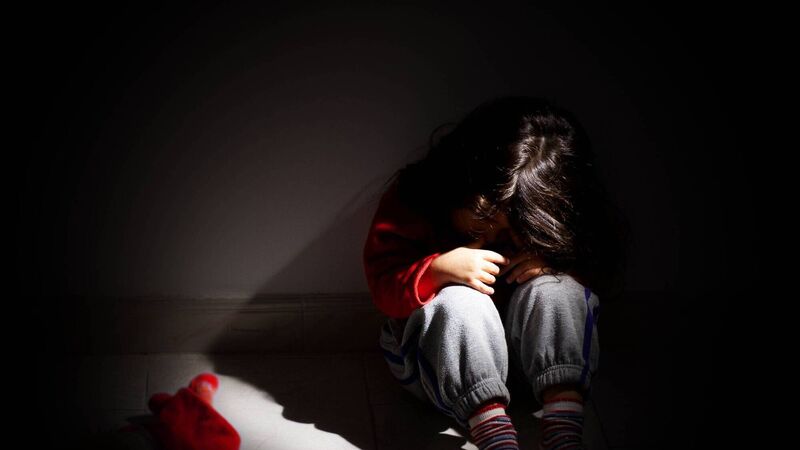1,400 homeless asylum applicants included four children who had to sleep rough

Of the four children, two have since been taken into Tusla’s care, having confirmed their ages, and the other two are awaiting reassessments while living in adult accommodation. Picture: iStock
Almost 1,400 international protection applicants have been forced into homelessness this year due to a lack of State accommodation, including four children who are unaccompanied.
Some of the refugees arriving in Ireland have found themselves without a place to stay for up to 10 weeks according to a report by the Irish Refugee Council.










